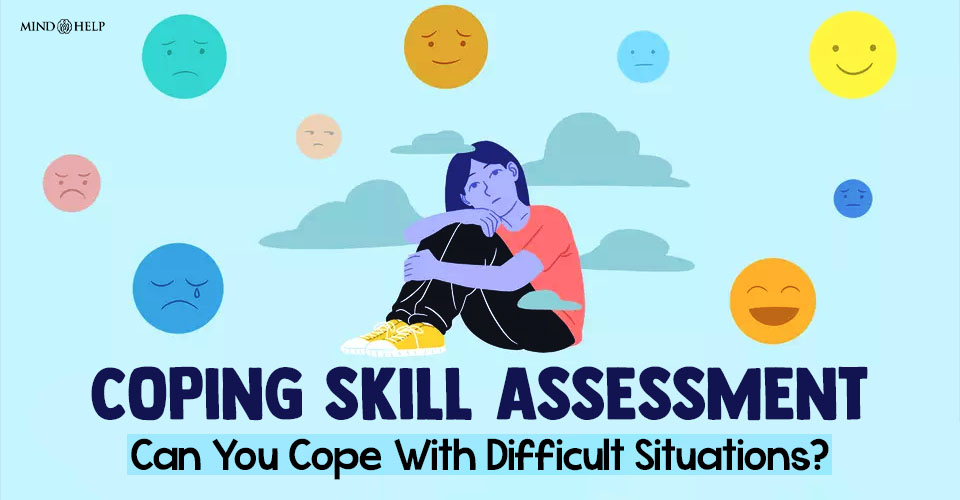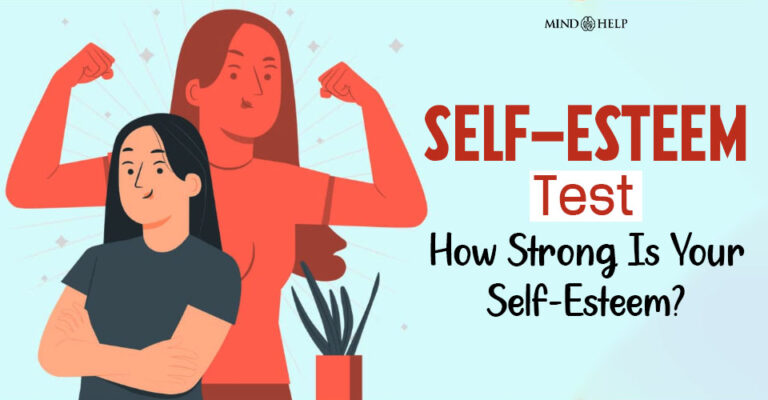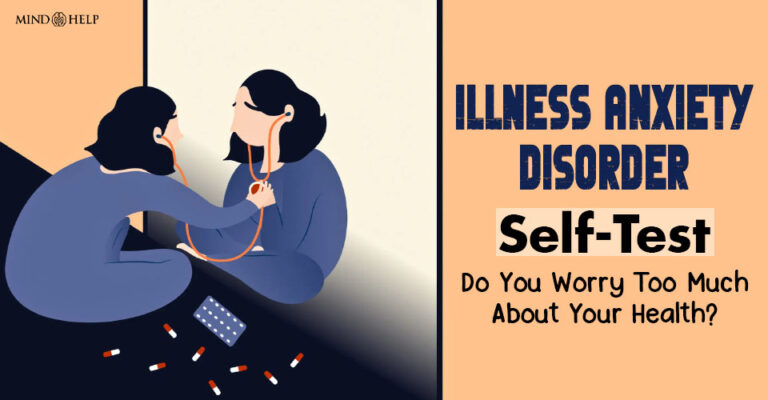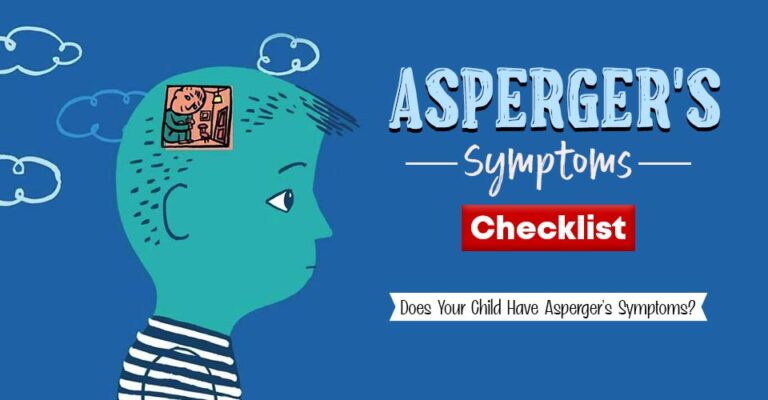Everyone faces stress, setbacks, and emotional challenges at some point. But how you respond to those moments matters. This coping skills assessment is designed to help you understand how effectively you manage stress and navigate adversity.
What Are Coping Skills?
Coping skills refer to the emotional, cognitive, and behavioral strategies people use to handle stress, anxiety, or overwhelming situations. These skills play a vital role in maintaining mental health and resilience.
Psychologists categorize coping mechanisms into two main types:
- Healthy coping skills (adaptive): These help reduce stress in constructive ways—like problem-solving, seeking support, and emotional regulation.
- Unhealthy or maladaptive coping skills: These may offer short-term relief but often worsen problems over time, like avoidance, substance use, or emotional suppression.
Understanding your own coping style can help you adopt more coping skills for anxiety or depression, improve emotional regulation, and respond more effectively when life gets tough.
People with strong coping skills often:
- See challenges as chances for growth
- Are aware of and manage their emotions well
- Use logical thinking to tackle problems
- Adjust their strategies when needed
- Show compassion for themselves and others
How to Take This Coping Skills Assessment
Below is a list of statements about how people typically respond to stress or difficulty.
Take a few moments to read each statement below and rate how much it applies to your usual response. This is a self-assessment, not a diagnosis. It’s designed to promote personal awareness and encourage healthy psychological growth.
Just be honest, this coping skills test is just for self-reflection and personal growth and not a diagnostic tool.
Please note: This coping skills test is a self–assessment for personal learning and improvement. It does not evaluation medical conditions or diseases.
Frequently Asked Questions (FAQs)
Why do you need long-term coping skills?
We need long-term coping skills becaude it helps in managing stress, developing healthier relationships, and improving well-being.
Why are coping skills important?
Having healthy coping skills is important as it helps us manage emotions, thoughts, and behaviors in a positive way.








